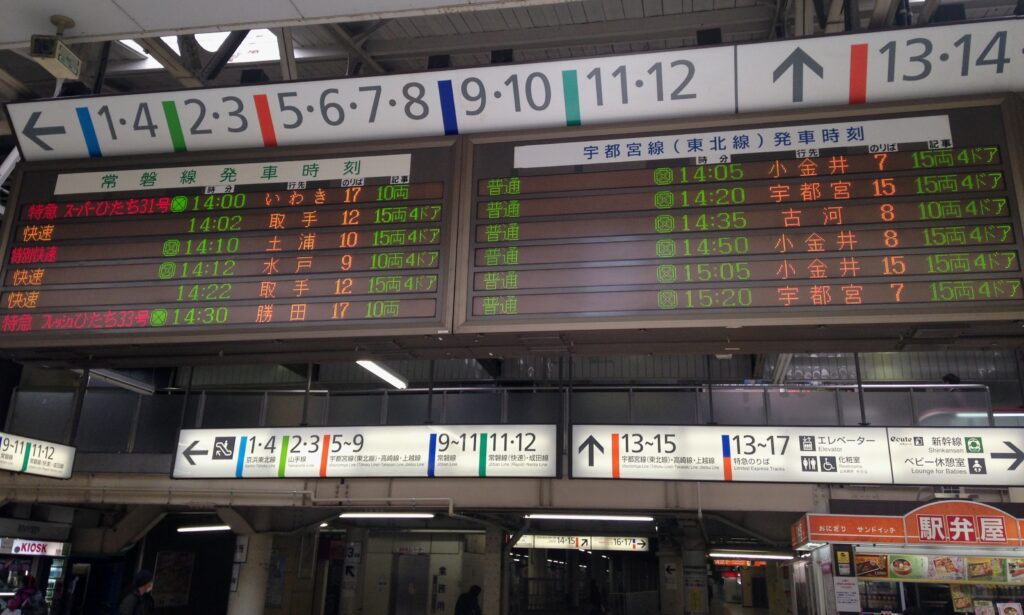1. The Friendship Bracelet Scam
In one country a souvenir seller, in another a monk, or in yet another a simple passer-by approaches you and ties a bracelet tightly around your wrist – without asking, and in such a way that you can’t get it off easily. Of course, you’re now expected to pay for this supposed sign of friendship. In another version of this scam, you receive an unasked-for service instead of a trinket or jewellery: before you know what’s happening, the scammer has, for example, cleaned your shoes and demands a ransom for the work they’ve done.
Our tip: Stick to your “No” and demand that they remove the bracelet (if you can’t do it yourself). Don’t let them appeal to your conscience and on no account pull out your wallet – you certainly don’t want to reveal to the scammer where you keep your money.
2. Staged Accidents, or “The Broken Vase Scam”
It’s a horror scenario seen all too often: as you drive or ride down the road exploring some exotic place, there is a sudden crash – you’ve hit someone. The catch: the person has intentionally thrown themselves in front of your vehicle and now they demand exorbitant compensation.
Our tip: Install a so-called “dashcam”, a video camera fixed to the dashboard which continuously records the street view as you drive. This can help prove your innocence, if need be. Depending on the state of rule of law in your travel destination, you should insist on involving the police in such cases and demand a professional medical examination.
The name “broken vase scam” refers to its origin in Qing dynasty China where scammers would carry counterfeit antiques (typically an expensive vase), bump into someone and let the precious piece fall. Nowadays, scammers use their own bodies as the “vase” – and not just in China: this scam has been reported all around the world.
3. The Local Knowledge Scam
Travellers know the situation: you’re in a train or bus station and can’t understand a word. Finding the right line, the right ticket or the right stop can be a real challenge, especially if you’re not versed in the local language. Luckily, there’s a helpful person who offers to buy the tickets for you. Which they do. It might even be the right ticket. However, they charge you twice the price and make a quick profit from your ignorance.
In extreme cases, they may even guide you to an illegal vehicle which not only charges exorbitant fees but may also be dangerous.
Our tip: Consult the tourist or information office at one of the larger stations (where there is more likely to be someone who speaks a language you can understand) about the right route, ticket and price. Or – if possible – buy the tickets online in advance.
4. The Money Changer Scam
Another country, another currency. Telling the different bank notes apart isn’t always easy. Often their colours are little help discerning their denominations. People happily take advantage of this in restaurants or shops by giving you the smaller value – but similar looking – notes back as change. The same trick may be used by passers-by who ask you to swap a note for change for the bus.
Our tip: Take your time when paying and don’t let yourself be distracted. Don’t be shy about double checking the change.
5. The Room Service Scam
In this scam, someone pushes a note under your hotel room door. At first glance, it seems to be an official document from your hotel and typically provides information about room service (menu, cleaning, additional services). But as you call the number indicated on the sheet to make an order, you are asked for your credit card details. Not a good idea: sure enough, your card will be charged – but you’ll have to wait a long time for your order to be delivered…
Our tip: Don’t let yourself be fooled: such hotel information usually isn’t shoved under the door but will be placed in your room in advance, for example on the bedside table. In addition, if there is an external number on the sheet you can be positive that it’s a trap. In general (and not just in this situation), the golden rule is: never give out your credit card details.
There are many methods by which scammers try to separate tourists from their hard-earned money. Of course, this shouldn’t be a reason for mistrusting everyone, let alone becoming paranoid. However, it is important to be aware of such scams and to use a reasonable amount of caution as well as a healthy dose of common sense when exploring the world.
